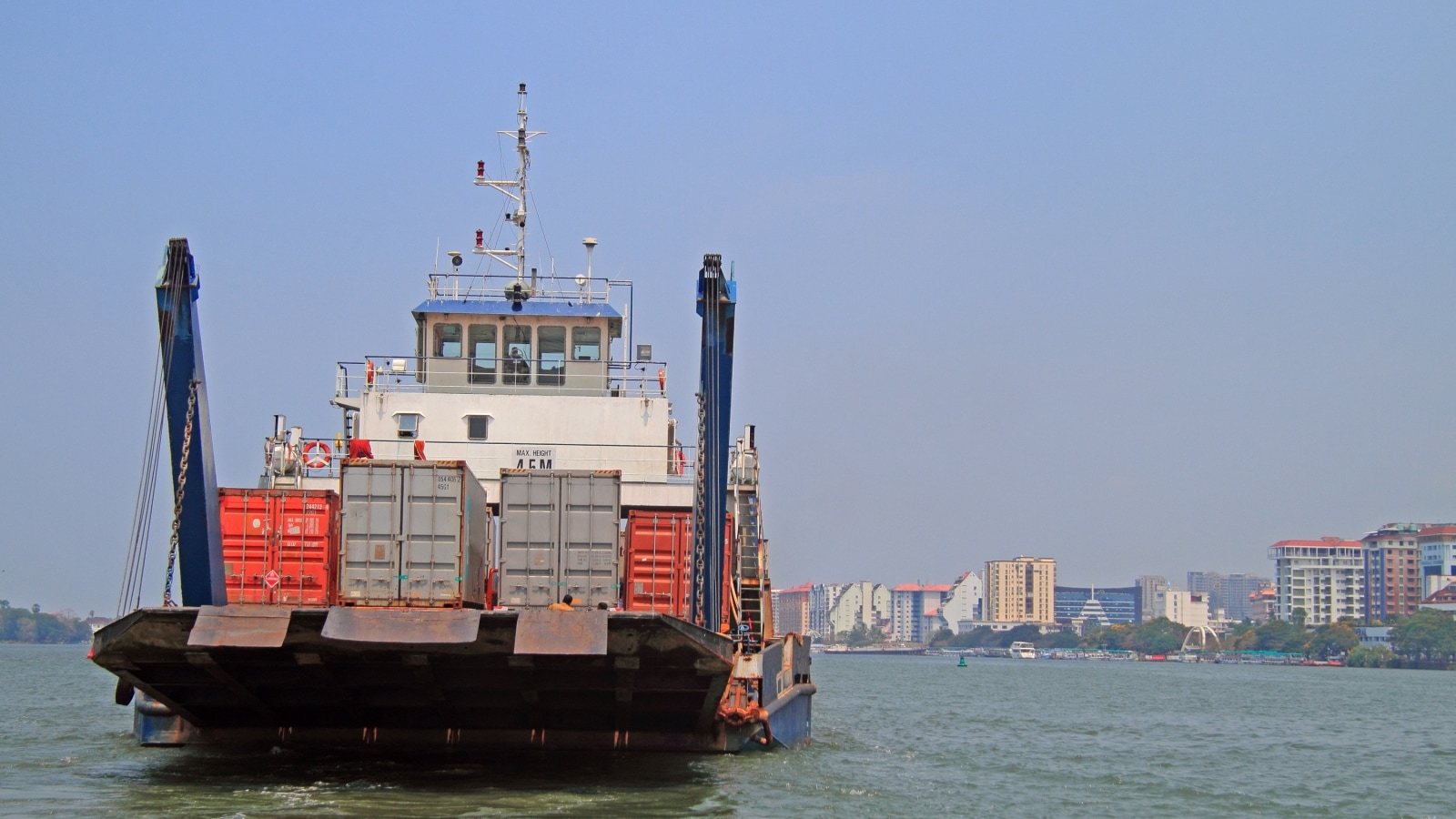In its report on foreign trade barriers, the United States Trade Representative (USTR) had particularly pointed out flaws in QCOs stating that the Bureau of Indian Standards (BIS) norms are “not always fully aligned with international standards” and “without a clear demonstration that the international standards would be ineffective or inappropriate”.
“A number of concerns were raised by exporters on QCOs, who find it difficult to source input materials due to these norms, during a meeting with government officials on Wednesday. The government said it would expedite concerns raised by Western partners, as there are not many quality-related challenges originating from them,” a source said, indicating that QCOs may primarily be targeting goods from China and the ASEAN region.
QCOs, which typically require foreign exporters and domestic producers to mandatorily meet specific quality norms, have been a source of major concern for both domestic manufacturers who import input materials and foreign countries looking to access the growing Indian market.
In recent years, India has dramatically ramped up the use of QCOs to prevent the influx of low-quality goods and simultaneously build a domestic manufacturing base, in tandem with schemes such as the Production Linked Incentive (PLI).
However, the US, EU, and UK have raised as many as 10 trade concerns over QCOs at the World Trade Organisation (WTO). These cover a range of products including furniture, automotive parts, man-made fibres, cookware and utensils, toys, chemicals, and footwear.
QCOs lack clear means of establishing conformity, alleged USTR
The USTR said QCOs often lack “clear means of establishing conformity” or involve significantly burdensome requirements. “For example, India requires chemicals to have BIS marks prior to importation, which necessitates a site visit to the manufacturing facility by an Indian inspector,” the USTR said.
“India’s National Pharmaceutical Pricing Authority (NPPA) caps prices of coronary stents and knee implants. US companies have raised concerns, noting that the price controls have not kept pace with inflation and do not differentiate based on production costs or technological innovation, which discourages US firms from serving the market,” the US flagged.
Earlier, the US had also asked India to “ensure” that QCOs “do not create unnecessary barriers to international trade”, in a trade concern raised over QCOs on chemicals and petrochemical products during a June 2024 meeting of a WTO committee. Similar concerns were raised by the US, EU, and five other countries.
At the same time, even the domestic industry has raised red flags over certain QCOs that apply to key input goods such as chemicals and man-made fibres. Domestic users of such goods have long called for these QCOs to be scrapped, arguing they restrict access to raw material imports and undermine export competitiveness.
The EU, alongside Indonesia, has raised a trade concern over India’s QCO on viscose fibre and supported South Korea’s concern over QCOs on chemical fibres and yarns, including polyester. Viscose and polyester fibres are key inputs for synthetic textiles.
EU on Indian quality norms
In a WTO meeting held in November 2024, the EU said India’s “policy of adopting” QCOs across sectors “continues to send worrying signals to EU industry, EU investors, and EU Member States, as the majority of QCOs introduced by India appear to have a protectionist orientation”.
“The EU regrets that significant issues faced by EU exporters of viscose staple fibres persist and cause major problems in accessing the Indian market. The EU also regrets that India has not responded to questions raised by Members in their statements on this issue,” it said.
The EU further described the current certification process carried out by BIS as “excessively burdensome and onerous”.
“Manufacturing facilities in the exporting country must be audited in person by a team of BIS officials—at the expense of the EU company—in a procedure which can take several months to organise. Such a system effectively prevents EU companies from accessing the Indian market and thus creates a barrier to trade,” it added.
The focus on easing QCOs flagged by the US, EU, and UK coincides with India’s ongoing trade negotiations: a bilateral deal with Washington, and separate FTAs with Brussels and London.











